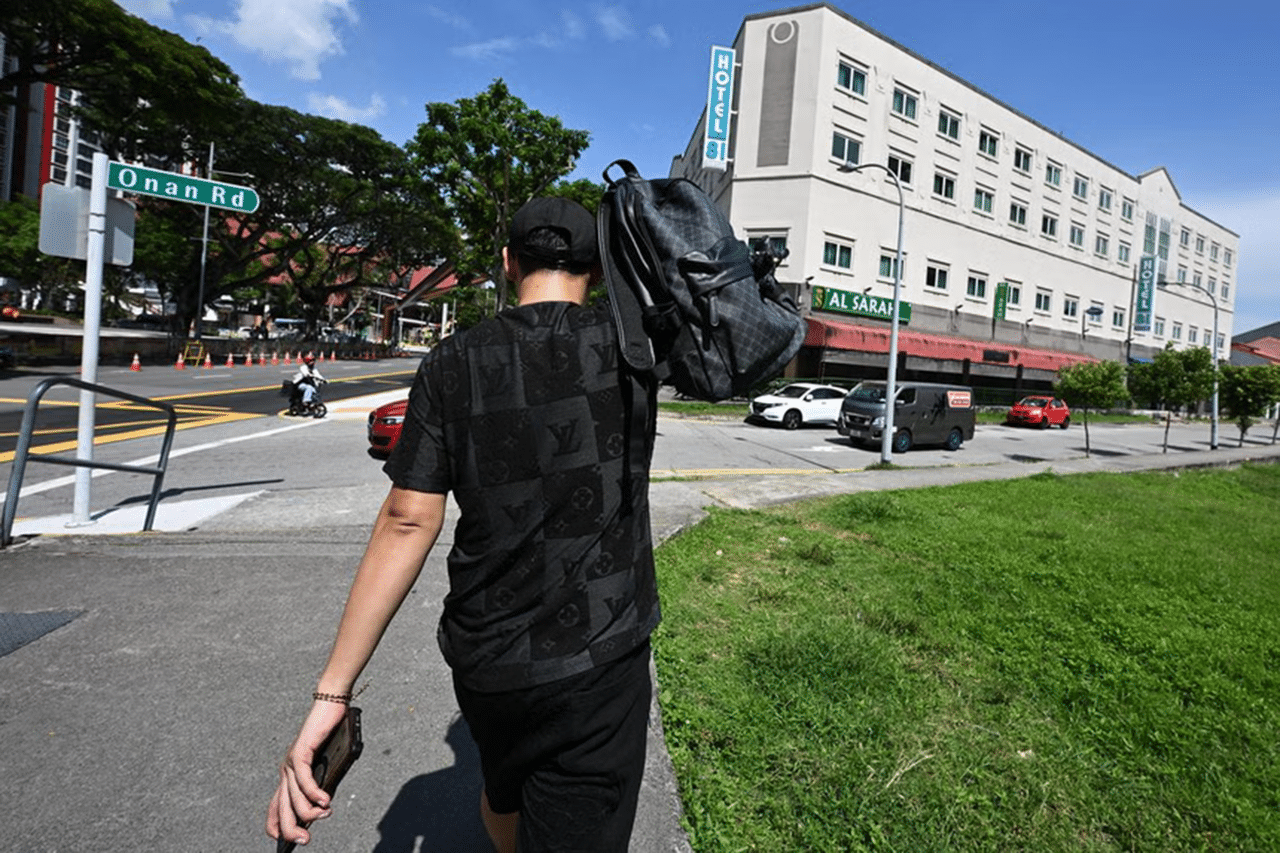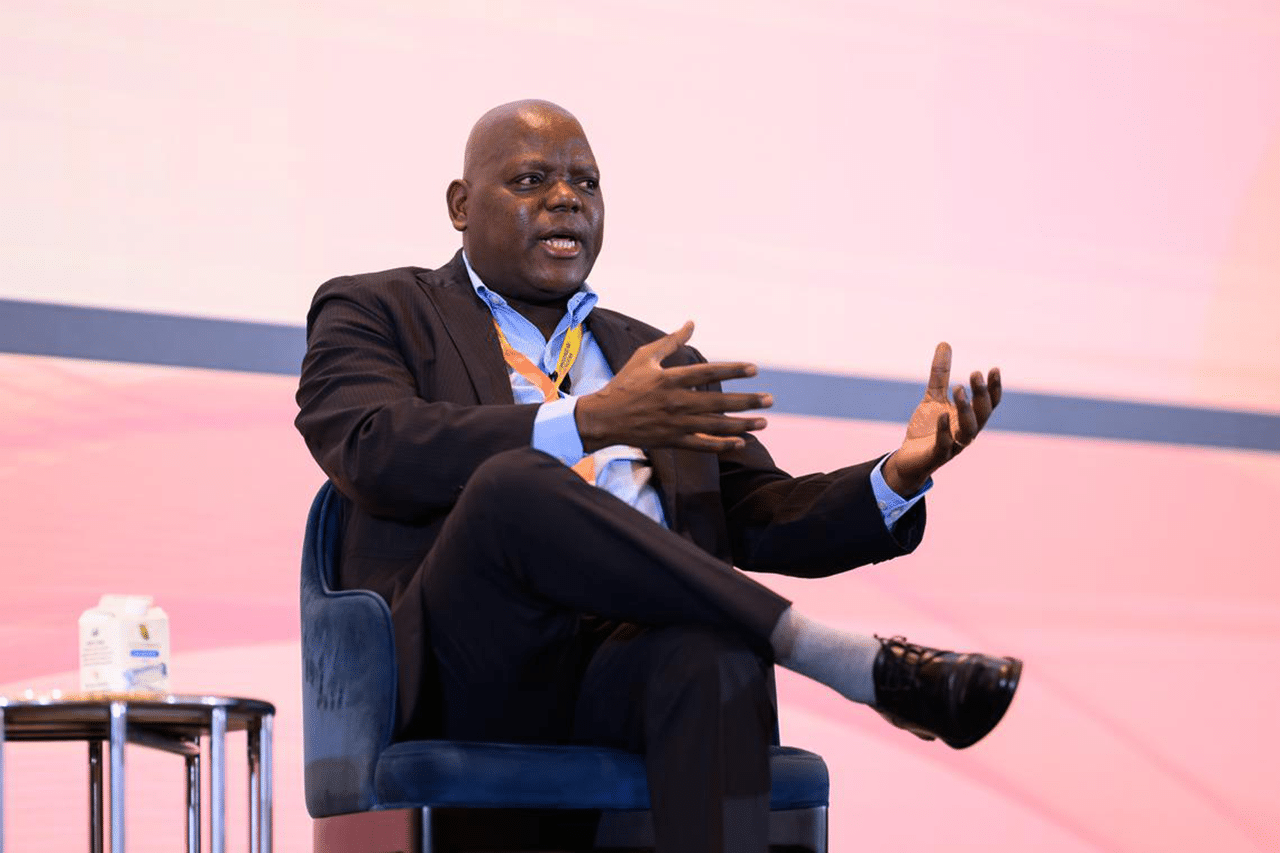‘Silent killer’: How heat stress can affect mental health in workers

In this part of the world, high humidity prevents the body from optimally cooling down because sweat cannot evaporate well. The Straits Times/Asia News Network
SINGAPORE — The impact of heat on mental health is a less visible sign of heat stress, but it is one that people in Southeast Asia should pay attention to as the world warms, experts at a heat conference warned on Jan 8.
As temperatures rise, workers could be more susceptible to mental health issues, leading to conflicts in the workplace, impaired decision-making and lower productivity, said Dr Ken C. Shawa, a senior economist at the International Labor Organization (ILO).
“Heat stress is a silent killer. Many people are not aware that they are being affected by heat,” he said.
READ: Extreme heat exposure on the rise for millions of kids – UN
“Prolonged heat exposure can affect your mental health… If you are irritated, angry or depressed, (it) can affect your work productivity and, sometimes, you may not even know (you are affected by heat),” said Dr Shawa, who is also head of the regional and economic analysis unit in the ILO Regional Office for Asia and the Pacific.
Article continues after this advertisementDr Shawa shared these insights on the second day of the First Global Heat Health Information Network (GHHIN) South-east Asia Heat Health Forum, which is being held at the Parkroyal on Beach Road from Jan 7 to 10.
Article continues after this advertisementThe conference marks the first time experts across the heat response chain – from humanitarian organizations to weather scientists to medical professionals – are convening under the network to discuss South-east Asia’s heat challenges and potential solutions.
READ: Heatwave in PH: Outdoor workers risk life, health to live
One of the main aims of GHHIN is to coordinate the regional response to rising heat. Its Southeast Asia hub is based in NUS.
In this part of the world, high humidity prevents the body from optimally cooling down because sweat cannot evaporate well. This can cause people to feel chronically uncomfortable.
Some of the discussions on Jan 8 focused on how millions of workers in the region could suffer from heat, highlighting the urgency for action.
When temperatures rise, people may feel more negative feelings and become more easily irritated, Dr Cyrus Ho, senior consultant psychiatrist at NUS’ department of psychological medicine, told The Straits Times.
He also spoke at the forum about how climate change affects mental health.
“When one feels heated up, one may feel restless and anxious, and react to things more easily,” he said.
“This is normal. But if you are in this pressure cooker long enough, over time, it can lead to more prominent mental health issues like excessive ruminations and even depression.”
Poor mental health can also result in weaker physical health over time, he added.
Dr Shawa noted that some of the mental health challenges faced by people working in excessive heat include emotional stress, anger, mental fatigue and anxiety.

As temperatures rise, workers could be more susceptible to mental health issues, said Dr Ken C. Shawa, a senior economist at the International Labour Organisation.PHOTO: GHHIN SOUTHEAST ASIA HUB & HRPC, NUS MEDICINE via The Straits Times/Asia News Network
These can lead to workplace problems like errors in work output, workplace conflicts, low worker morale and workplace absenteeism.
While outdoor workers toiling under the sun are at higher risk of heat exposure, indoor workers – especially those who work in poorly ventilated places or near machinery that generates heat – are not spared either, Dr Shawa added.
He also noted that rising temperatures can lead to poor quality of sleep and lower work productivity when workers are not well rested.
He encouraged workers to take proper breaks and implored employers to have counseling sessions at the workplace, to give workers who may be affected by heat a safe space to talk about it.
Employers should also be mindful of their employees’ mental and physical health, and provide a safe space for workers to share and give feedback on their needs, said NUS’ Dr Ho, adding that this will help them open up.
Unlike the physical effects of being exposed to heat, the mental health problems that come with it are less talked about and studied, said Dr Shawa, adding that more research is needed in this area.
“It is important… to make people aware of the effects of heat stress on mental health so that when they have some of the symptoms, they will know that they are being affected by heat,” he said.
“A healthy worker is a happy worker.”
The Straits Times is the media partner for the First GHHIN Southeast Asia Heat Health Forum, held in Singapore from Jan 7 to 10, 2025.
Chin Hui Shan is a journalist covering the environment beat at The Straits Times.